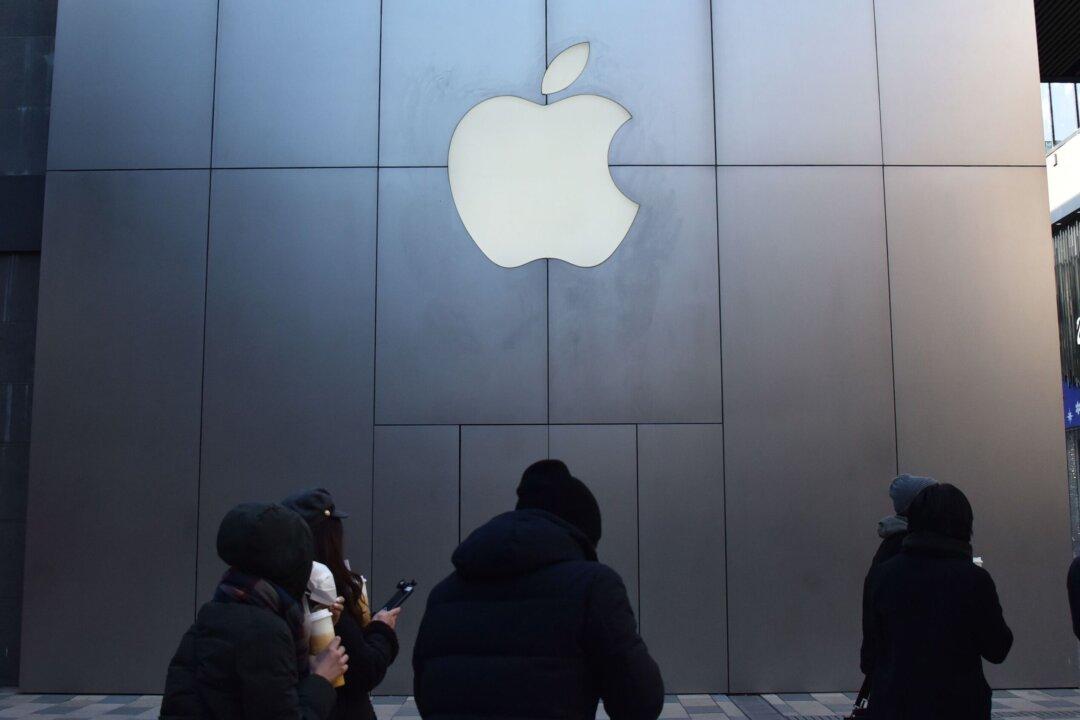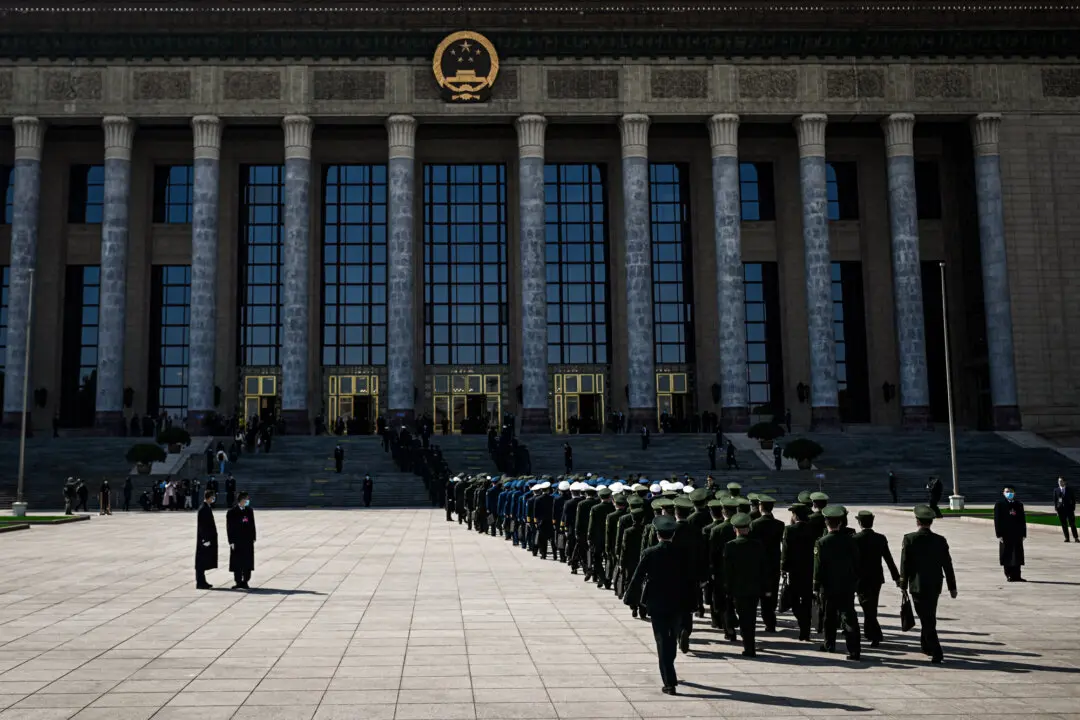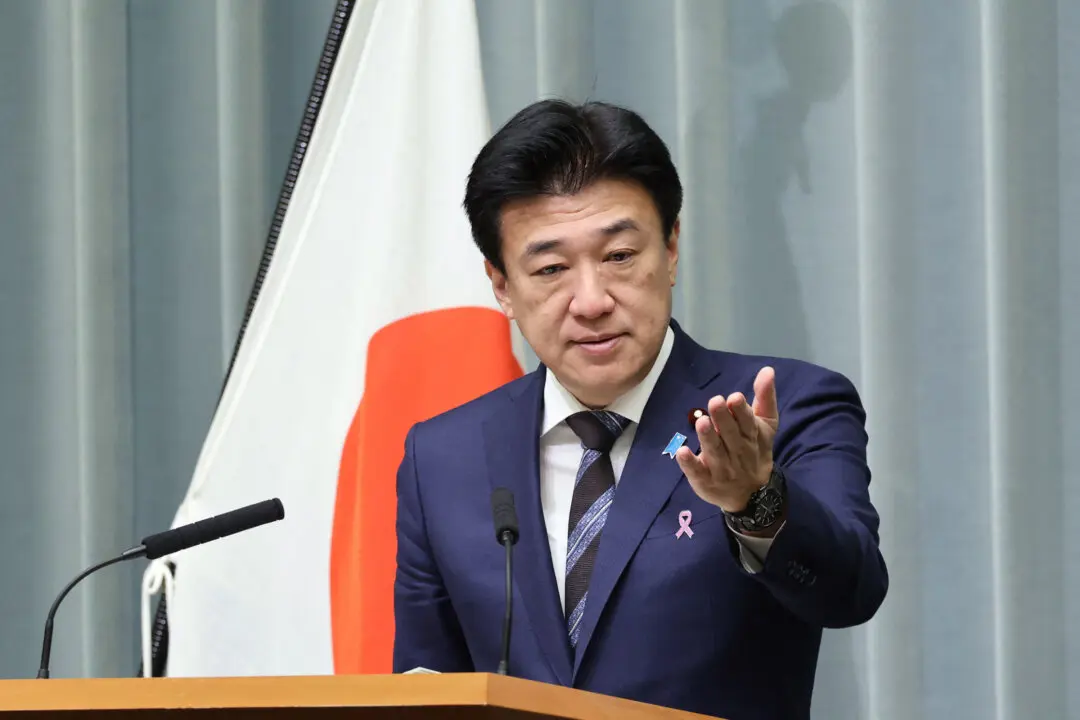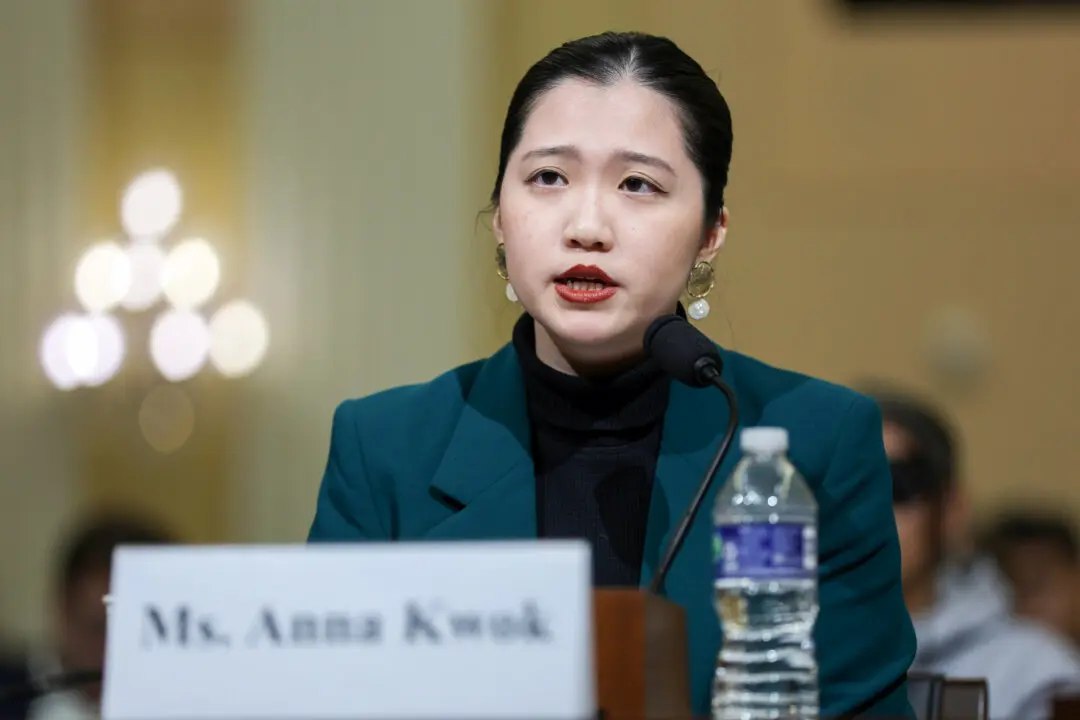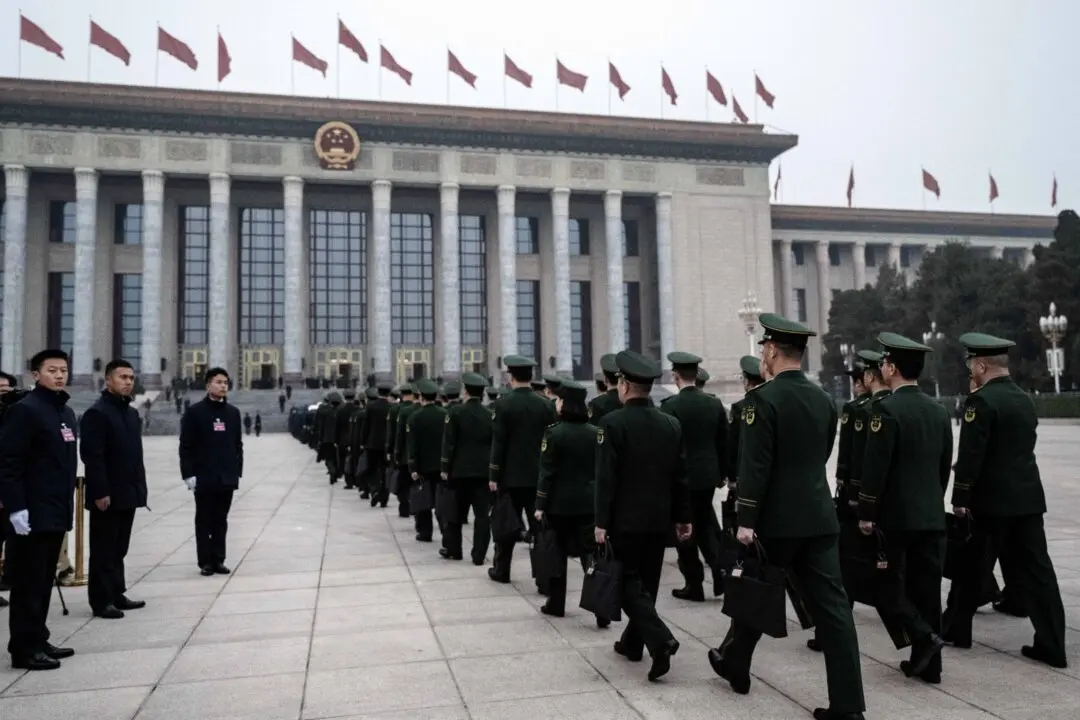The White House on Sept. 13 raised concerns about reports that Beijing ordered civil servants at some government agencies to stop bringing Apple’s iPhones to the offices.
“We’re watching this with concern,” National Security Council spokesman John Kirby told reporters during a briefing on Wednesday.
